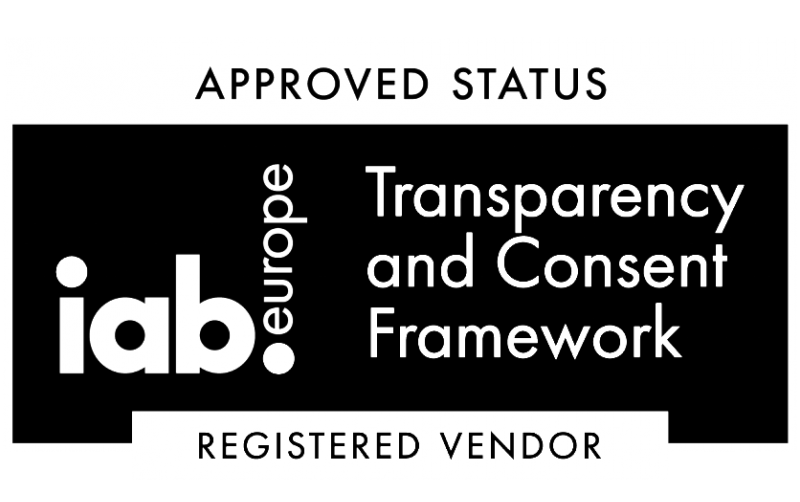Digital Wellness: AI for Early Detection and Customized Support

As artificial intelligence continues to permeate every aspect of our lives, one of its most promising applications lies in the realm of digital wellness. In an age where mental health and overall wellbeing are under increasing strain from screen time, social media pressures, and the fast pace of digital communication, AI is stepping up not only to monitor symptoms but also to offer proactive, personalized support.
Understanding Digital Wellness in the AI Era
Digital wellness refers to maintaining a healthy relationship with technology, ensuring that its use promotes rather than diminishes mental, emotional, and physical health. This concept has become increasingly significant as individuals spend more time online—often at the expense of sleep, focus, or emotional stability.
The integration of AI into digital wellness strategies is creating innovative ways to address these concerns. From mental health apps to wearable technologies, AI systems are being designed to analyze behavior patterns, detect early warning signs of stress or burnout, and suggest tailored interventions.
AI as a Preventive Tool in Mental Health
A key area where AI is making an impact is in early detection of mental health issues. By leveraging machine learning algorithms, apps and platforms can analyze text inputs, voice patterns, social media activity, and even biometric data to identify symptoms associated with anxiety, depression, or cognitive decline.
For instance, AI-driven platforms use natural language processing (NLP) to interpret users’ journal entries or messages, detecting negative sentiment trends over time. Similarly, voice analysis can pick up on changes in speech tone or pace that may signal emotional distress.
These technologies offer a scalable and accessible means of identifying at-risk individuals, especially those who may not seek help through traditional medical channels. By recognizing patterns that humans might miss, AI supports healthcare professionals in making more accurate and timely interventions.
Customizing Support: One Size Doesn’t Fit All
Once early signs are detected, the next frontier is personalized support. Here, AI’s ability to learn from individual behavior and adapt responses is key. Rather than suggesting generic mindfulness techniques, an AI wellness assistant might recognize that a user responds better to cognitive behavioral strategies or short physical exercises, tailoring its guidance accordingly.
Today, there are apps combining AI with clinical insights to create contextual, user-specific health experiences.These solutions not only provide mental health monitoring but also deliver nudges, check-ins, or coping strategies based on the user’s emotional trajectory and real-time feedback.
Moreover, this personalization extends to language, tone, and even communication frequency—factors that significantly influence whether users will engage with a wellness program long-term..
Balancing Data and Ethics in AI-Powered Wellness
The promise of AI in promoting digital wellness comes with critical ethical responsibilities. These systems often rely on sensitive data—such as emotional indicators, health metrics, and personal communications—to function effectively. Therefore, robust data governance, transparency, and user consent are non-negotiable.
The European Commission emphasizes the importance of trustworthy AI in healthcare, calling for human oversight, accountability, and respect for privacy. To build user trust, digital wellness tools must clearly explain how data is collected and used, and offer users control over their information.
It’s also essential to ensure these tools are inclusive. Algorithms must be trained on diverse datasets to avoid biases that could lead to misdiagnosis or ineffective support for underrepresented groups.
A Future of Empathetic Technology
AI is not a replacement for human care, but it can act as a valuable companion in maintaining wellbeing in the digital age. It offers a constant presence—available 24/7—that can support individuals between therapy sessions, during high-stress periods, or when professional help is not immediately accessible.
As these technologies evolve, we are moving toward a future where empathetic AI doesn’t just analyze behavior, but understands context, emotion, and nuance. Combined with advances in wearable tech and real-time data analytics, this opens the door to truly holistic and proactive digital wellness ecosystems.
Conclusion
Digital wellness, once a niche concern, is now a foundational element of health in our connected world. AI is driving this transformation by detecting early signs of distress and providing personalized support in ways that are scalable, accessible, and continuously improving.
As long as developers, health professionals, and users remain vigilant about data ethics and inclusivity, AI will continue to be a powerful ally in helping us stay balanced, safe, and healthy amid the noise of digital life.
Stay tuned!

- Contacto DPO: privacy@telecoming.com
- Finalidad del tratamiento: suscripción al blog.
- Legitimación del contrato: consentimiento.
- Destinatario de cesiones o transferencias: no se efectúan transferencias de datos fuera de la UE.
- Derechos de las personas interesadas: acceso, rectificación, supresión, oposición, limitación del tratamiento, portabilidad de los datos e interposición de reclamación ante la AEPD.



